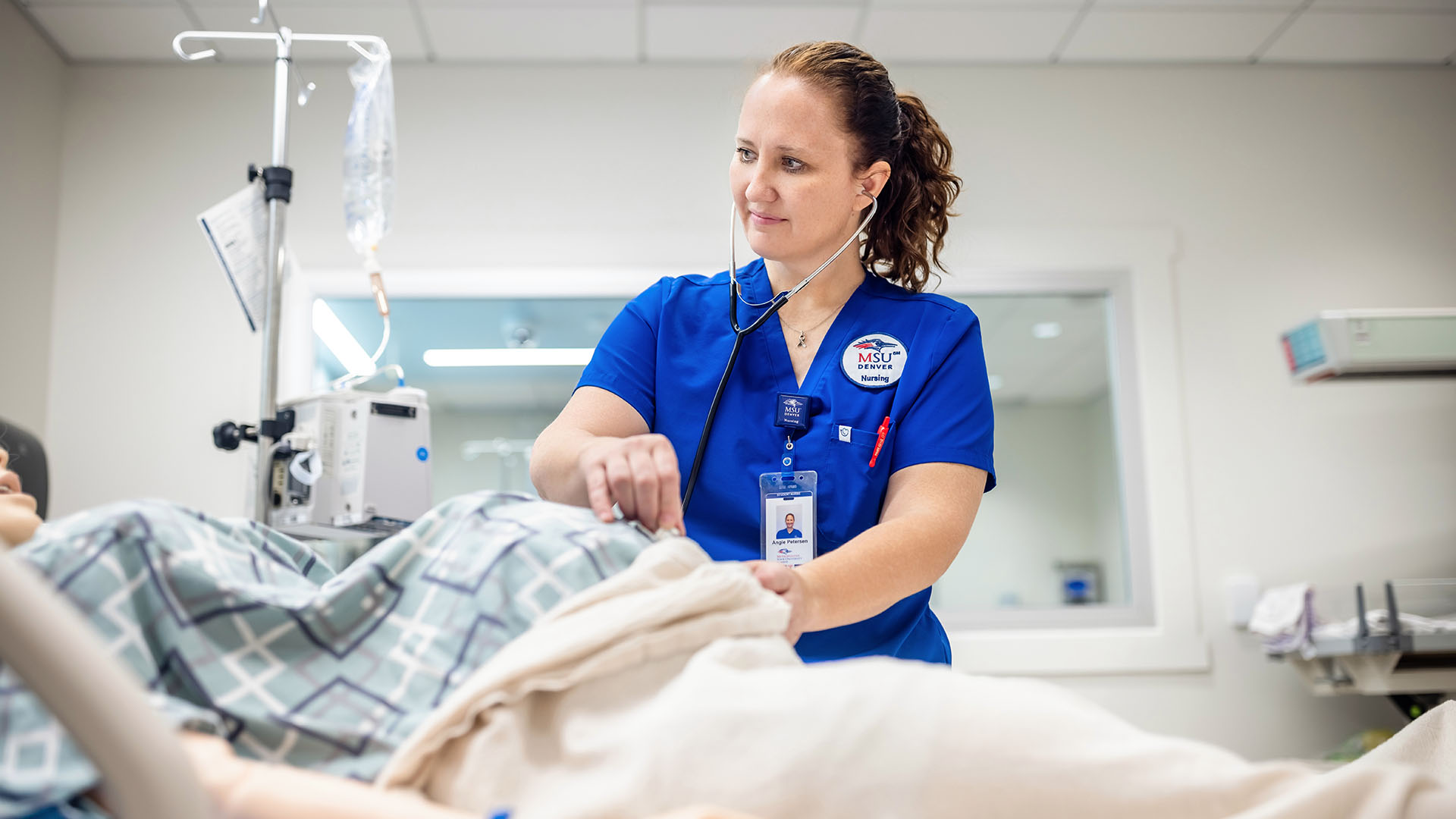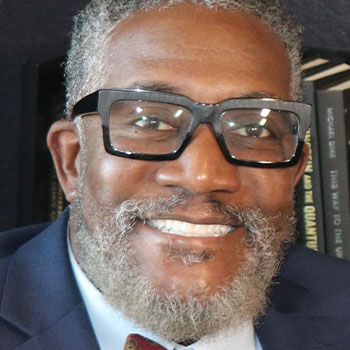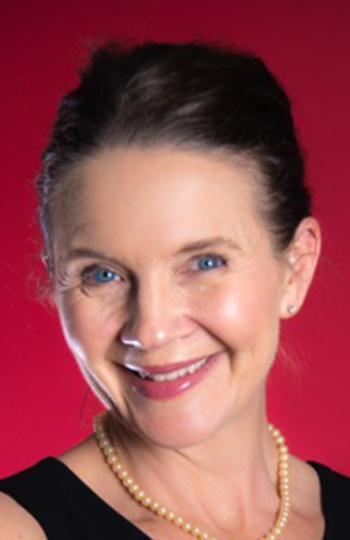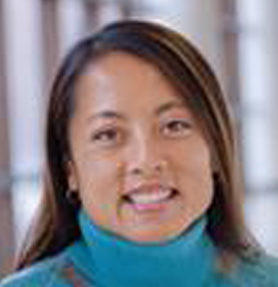Paving a STEMpath for teachers
Tech startup, nonprofit help University address K-12 shortage.
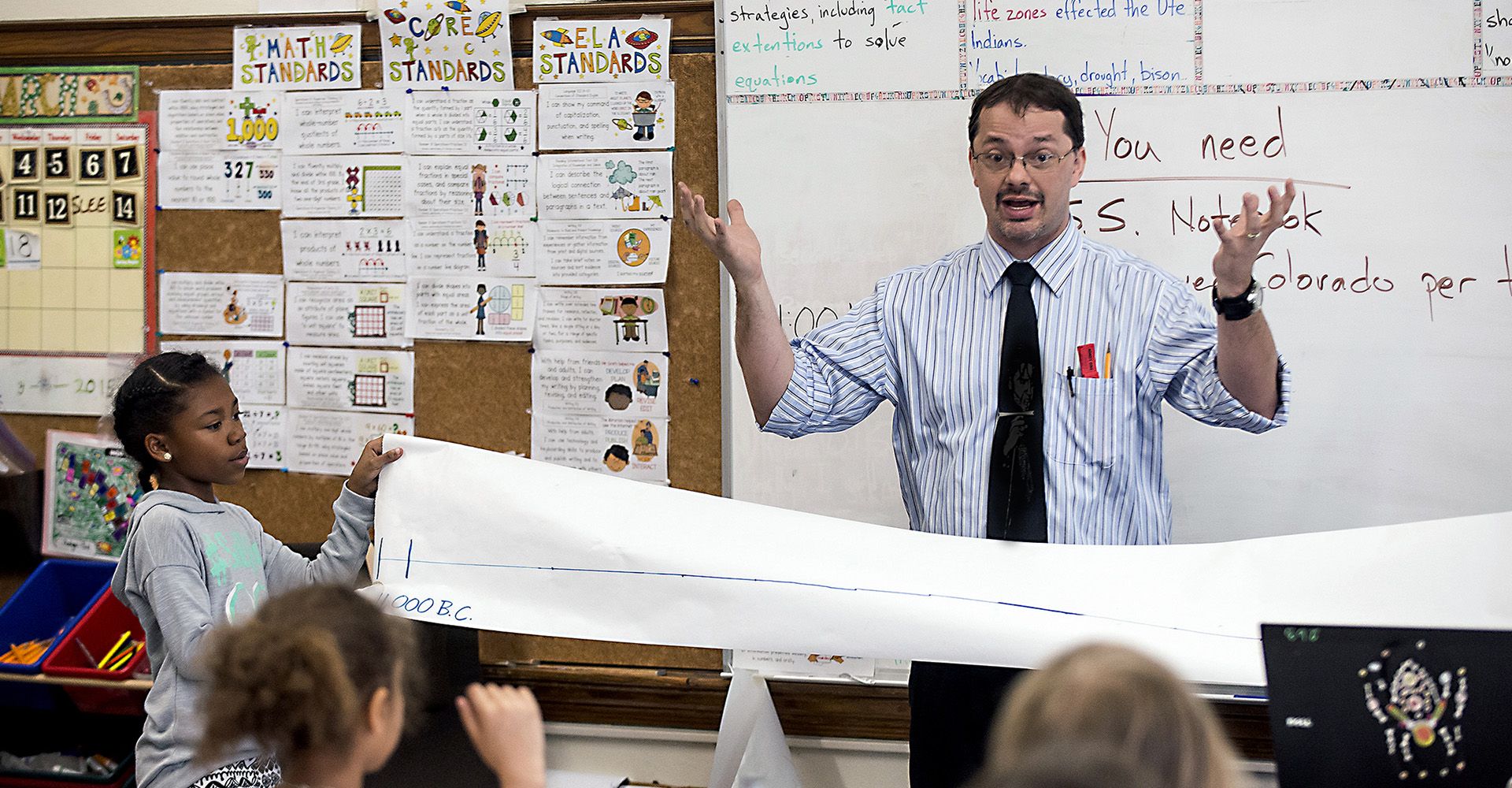
A nationwide shortage of K-12 computer-science teachers helped inspire the new graduate-level certificate at Metropolitan State University of Denver intended to qualify any licensed teacher to teach the subject.
Denver tech startup Couragion got together with nonprofit mindSpark Learning, which focuses on educators’ professional development, to brainstorm the STEMpath academic credential leveraging the two organizations’ expertise.
“We are sorely lacking in STEM instructors in the K-12 schools,” says Rebecca Trammell, Ph.D., interim associate dean of MSU Denver’s College of Professional Studies. “The idea is to start with this and, in another year, add a whole other program (such as) in science, biology or engineering.”
Couragion has received public grants to publish career-exploration software for K-12 students and recently released a computer-science curriculum for the classroom that introduces a multitude of disciplines within the field to help teachers teach computer science “in a more holistic way,” says Melissa Risteff, Couragion’s co-founder and CEO.
STEMpath is tailored to keep teachers in schools.
“It’s really important to us that we’re not teaching teachers how to go into the industry and be software engineers (as often happens when a school district sends a teacher for a master’s degree),” Risteff points out. “There are already not enough teachers to teach today. Schools have closed computer-science programs because there are no teachers.”

One challenge is what she describes as the “impostor syndrome” among teachers who take on the classes but don’t feel they’re qualified — labeling themselves “teachers of computer science” rather than computer-science teachers.
Risteff says STEMpath is “an equalizer” among teachers.
“There aren’t prerequisites,” she says. “We really believe that any teacher today who has licensure is qualified to become a computer-science teacher.”
An early adopter of Couragion’s programs was Adams 12 Five Star Schools, where mindSpark Learning CEO Kellie Lauth is district STEM coordinator.
Together with the two organizations, MSU Denver is launching the three-part, graduate-level certificate designed for any teacher to become confident teaching computer science — to “really understand how computing has impacted not only systems but also cultures,” Lauth says. “Teachers don’t always know what it means to work in the lab or work in the industry or be an engineer.”

Couragion and mindSpark believed MSU Denver was the perfect partner because of “the vision and the way that they serve their students,” Lauth says. “It was a natural fit and a ton of synergy right away.”
The first cohort of 25 teachers starts next January, with instruction in career literacy, information science and the method known as “design thinking” with a focus on racial equity (9 credit hours). These courses will be taught onsite at mindSpark Learning. The instructors are being selected by MSU Denver.
The spring semester is followed by a six-week information-technology “externship” in the summer (3 or 6 credit hours); and three courses from MSU Denver grounded in cybersecurity in the fall (9 credit hours).
“It’s really the combination of all of these things that’s unique,” Risteff says.
Applications are being accepted now at mymindsparklearning.org/stempath.



